Electronic Arts (EA) is often branded as one of the worst and most hated companies in the United States. However, EA doesn't seem to care much about it, as their business practices earn them billions. While the public can be unfair to large and successful companies, gamers have many reasons to speak against EA. Today we'll list their worst offenses in our top ten reasons why Electronic Arts Is So Hated.
10. Origin
 Origin never managed to compete against Steam (photo: Electronic Arts)
Origin never managed to compete against Steam (photo: Electronic Arts)
In 2011, Electronic Arts decided to launch its digital distribution service, naming it Origin. However, many gamers were irritated by it, as even a decade later, it couldn't compare to Steam. Origin offered limited functionality, but everyone was forced to use it. EA decided to release its games only on this platform until 2019 when they finally began to change this practice.
Origin was often branded slow, unreliable, confusing to use, and it would rarely have sales, unlike Steam. Finally, the company was spying on its clients, asking for permission through EULA. Bad reputation eventually forced EA to announce that the service will be shut down and replaced.
9. FIFA Series Keeps Ignoring the World
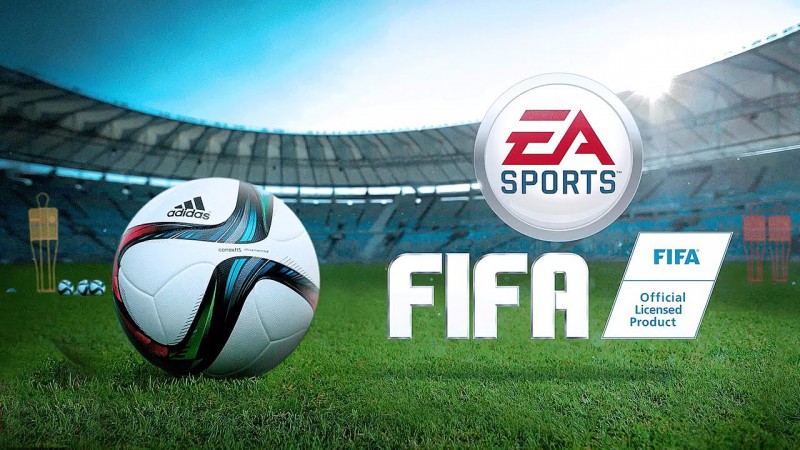 FIFA series still omits lots of clubs and countries on purpose (Photo: Electronic Arts)
FIFA series still omits lots of clubs and countries on purpose (Photo: Electronic Arts)
Soccer is the only sport loved worldwide, so it's no wonder that FIFA games sell so well. This series has a ton of content, but it's evident that it's not caring enough to represent the whole planet. In practice, this means that the game includes weak national competitions, like Ireland's premier league, while ignoring more relevant tournaments. Things are beginning to change slowly, but the game often fails to license many clubs playing in UEFA competitions, so you can't use them in the career mode.
The same goes for the national teams – FIFA features a limited selection that revolves around rich countries, even if their reputation is low. EA's negligence was used by Konami, who implemented many sidetracked leagues and national teams in their game, including South American club competitions. Of course, what EA did then was to steal the license and make it FIFA exclusive.
8. NBA Elite 11 Disaster
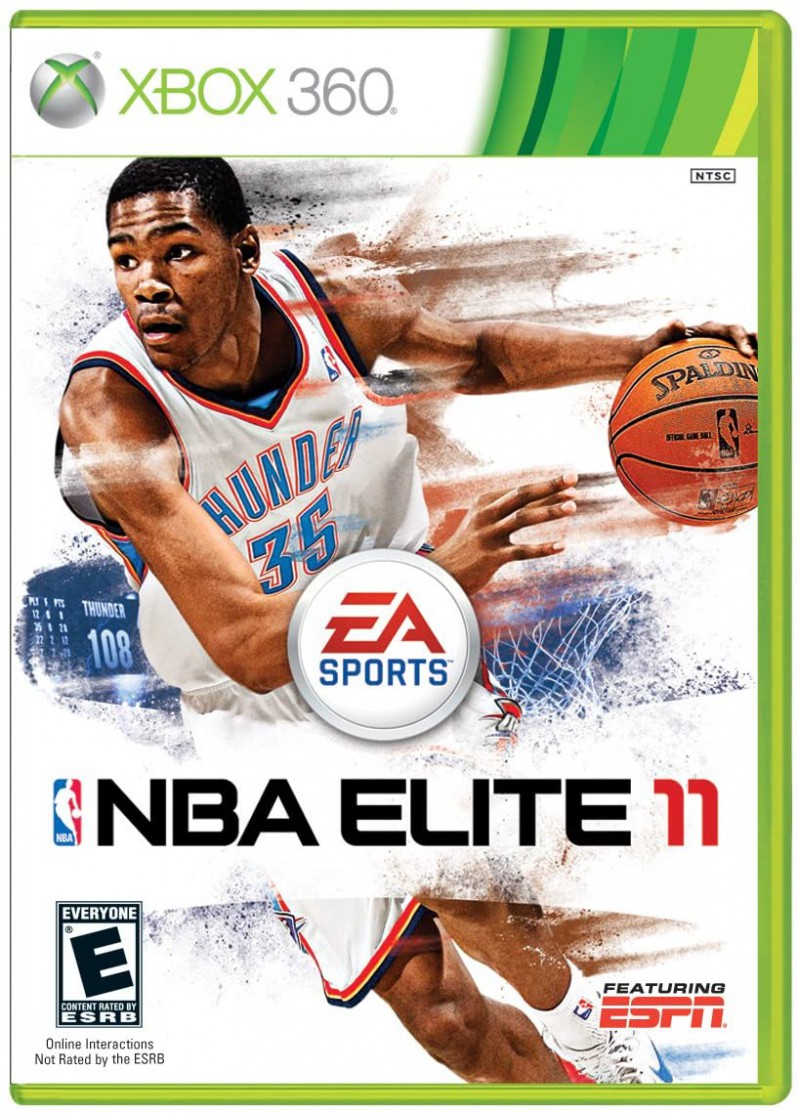 NBA Elite will make you a rich man (Photo: Amazon)
NBA Elite will make you a rich man (Photo: Amazon)
A long time ago, NBA Live had a decent reputation, but that all quickly changed. The quality of the games was getting worse, but rock bottom was hit in 2010. That year EA Sports announced that it will rebrand the series as NBA Elite, with the first game arriving by the end of the year. The company pressured the developers to completely change the gameplay in only 18 months, which resulted in a tech disaster.
As a public reaction to the demo was extremely negative, EA decided to cancel it instead of fixing it. Since the game was already in print, a few copies for PS3 and Xbox 360 exist and regularly sell for insane prices. EA learned nothing from it, as they later canceled NBA Live 13 and a few more titles in the series.
7. Loads of Pointless Sequels
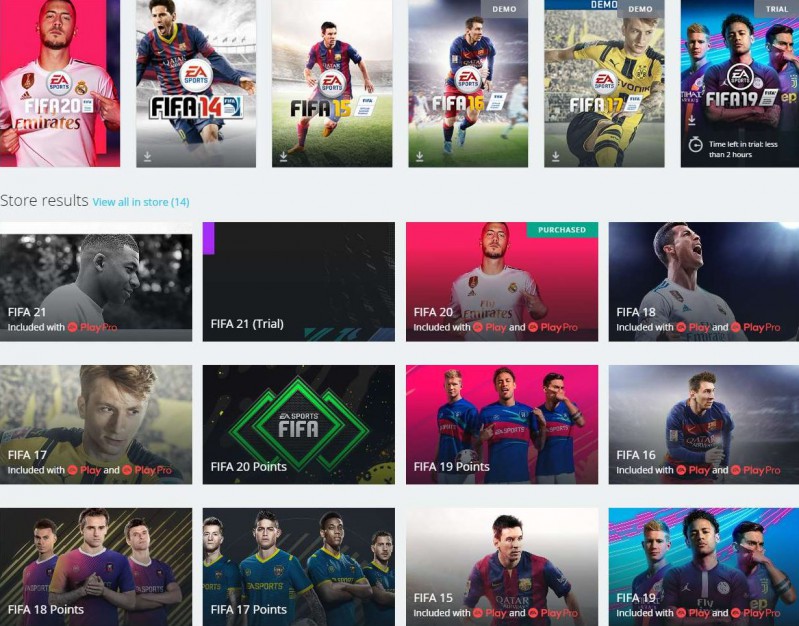 FIFA series is getting better, but very slowly (Photo: Screenshot/Personal archive)
FIFA series is getting better, but very slowly (Photo: Screenshot/Personal archive)
EA makes a lot of money by releasing new versions of its sports titles every year. That's not enough time to make significant improvements, so gamers often feel like they've received nothing but a roster update with a few gameplay tweaks. Madden, FIFA, NHL, and every other yearly released series suffer from the same problem. Moreover, the releases that come in the same year as the next generation of consoles are the worst.
EA is also shamefully selling legacy editions of their sports titles, meaning that they contain nothing but a roster update! PS Vita owners had it the worst, as three of four FIFA games released for the system were legacy editions. While FIFA 14 and 15 were at least branded as Legacy Edition, that wasn't the case with FIFA 13, even though it also had only roster updates. The same thing later happened with Switch versions. Isn't scamming a criminal offense?
6. Exclusivity
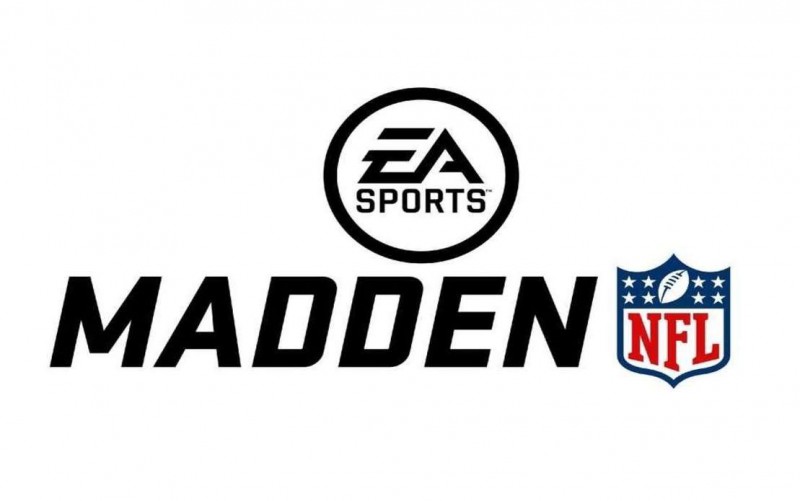 Madden is still the only NFL licensed video game series (Photo: Electronic Arts)
Madden is still the only NFL licensed video game series (Photo: Electronic Arts)
In the 16-bit and 32-bit gaming era, you could choose between at least three or four NBA, NHL, soccer, or NFL titles every year. When EA figured out that they can't keep up with the competition, they decided to eliminate them. In 2005, EA got the exclusive license from the NFL Players Association, effectively killing the superior NFL 2K series. EA did the same with FIFA, as the world's best leagues are not allowed to appear anywhere else.
If EA continued to improve their sports titles at a decent rate, the exclusivity factor would be much lower on our list. Nonetheless, the problem is that the company is not trying hard at all, most evident with the Madden NFL. EA also made dirty exclusivity deals with some companies like Porsche, meaning that their models could be featured only in Need for Speed games.
5. Online Pass
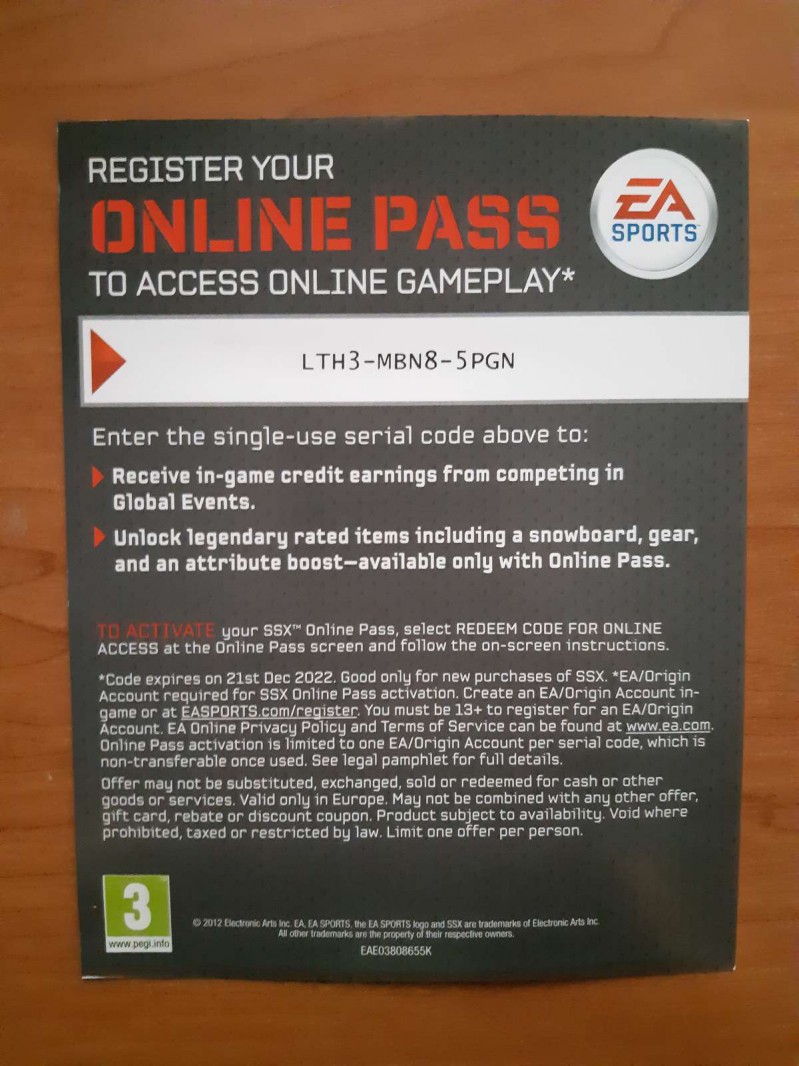 Online Pass was a disaster for everyone involved (Photo: Personal archive)
Online Pass was a disaster for everyone involved (Photo: Personal archive)
Game companies are not happy about us reselling games, and that's the primary reason why they are now all about digital sales. Always trying to maximize profits, EA was one of the first companies to implement the notorious Online Pass in its products, starting in 2010. In practice, this meant that you would receive a code to enable online play when you bought their games. However, if you purchased a second-hand copy, you would need to pay $10 for multiplayer!
EA continued this unpopular practice for three more years before other companies stopped using it too. So while Ubisoft and even Sony were also promoting the system, EA had it the worst as they've already had a negative reputation.
4. Killing Legendary Studios
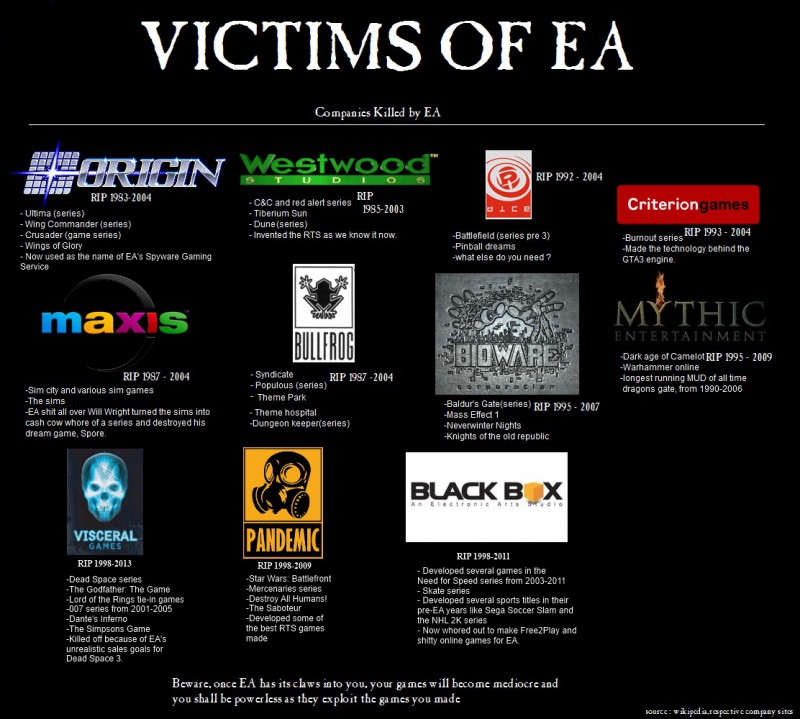 Every company that EA killed after buying it
Every company that EA killed after buying it
Large companies buy smaller ones, and while we may not like it, that's pure capitalism. Electronic Arts started to acquire other studios back in 1987, but many haven't survived for long. The problem was always the same, as EA would be pushing them to produce numerous sequels in a short time. That resulted in poor games that sold miserably, so the company had an excuse to shut down studios.
The list of companies that EA killed is painfully long and includes Bullfrog, Origin Systems, Maxis, Criterion Games, Black Box, Visceral Games, and Westwood. Again, other companies are doing it too, but not at the same rate as EA. Well, we'll see what happens to Codemasters after EA acquired it.
3. Treatment of the Employees
 EA is infamous for its "crunch time" practise (Photo: Unsplash)
EA is infamous for its "crunch time" practise (Photo: Unsplash)
By now, you know that working in EA is not the most pleasant experience, especially when a new title is about to be published. In the so-called "crunch time," employees were sometimes forced to work up to 100 hours per week while not compensated for it.
The situation was so bad that EA was sued by their game artists in 2004, before settling for $15.6 million. Soon after, programmers sued the company and were also compensated. Since then, conditions have gotten better, but a "crunch time" practice is still present. Unfortunately, the direct result of this are half-finished games.
2. EA Wants to Kill Single Player Games
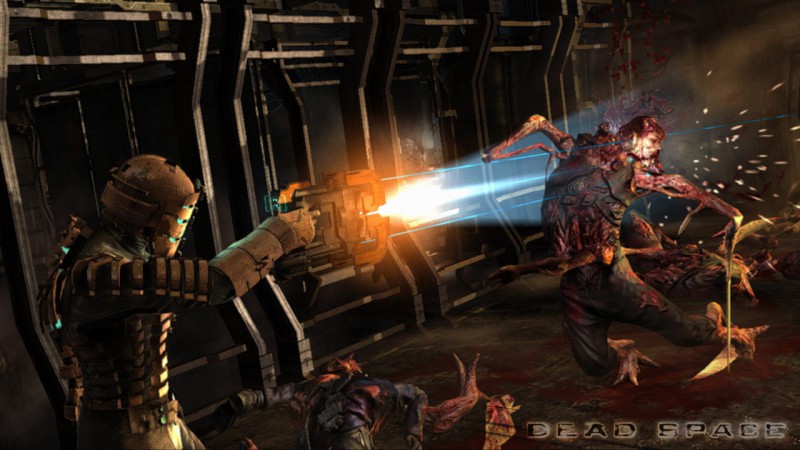 Dead Space franchise is a victim of EA's dislike for single player games (Photo: Electronic Arts)
Dead Space franchise is a victim of EA's dislike for single player games (Photo: Electronic Arts)
There's no doubt that online multiplayer games are incredibly popular and fun, but single-player experiences are still critical for many gamers. However, in 2010 EA shocked the world with its ignorance. That year the company presented its new business model expressing that single-player experiences are becoming obsolete. That was followed by an incredibly stupid narrative that only online games can offer innovation and action.
Even though they were proved wrong numerous times, the company stood their ground. In 2017, they decided to close Visceral Games studio, known for the excellent single-player Dead Space series. EA CEO Andrew Wilson pointed out that people do not care about single-player, but also suggested that he doesn't like them because they lack microtransaction. At least he was honest! Thankfully, single-player is still alive with tons of excellent non-EA games.
1. Loot Boxes & Microtransactions
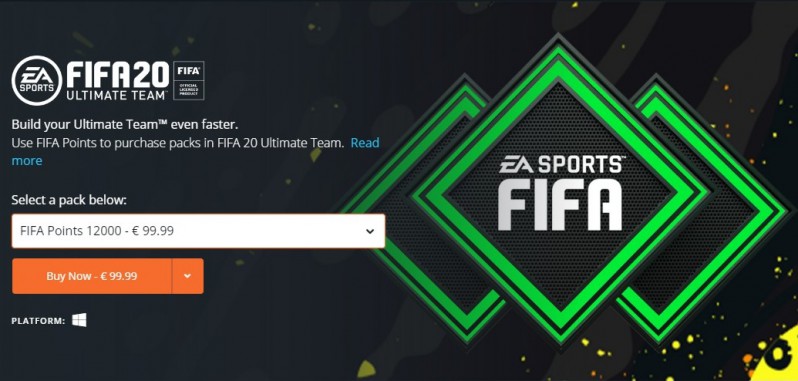 Hopefully, loot boxes will be banned everywhere (Photo: Screenshot/Personal archive
Hopefully, loot boxes will be banned everywhere (Photo: Screenshot/Personal archive
As we suggested, EA loves microtransactions. Again, other companies are doing it too, and we're OK with it as long as the money doesn't provide an advantage in multiplayer. Of course, EA pushed the pay-to-win concept, enabling players to access upgrades that they could alternatively acquire only by playing for hundreds of hours. When even that wasn't enough, they decided to implement the ultimate evil – loot boxes.
With loot boxes, the problem is that you have no idea about what you are paying for. Especially notorious is the FIFA series and its Ultimate Team, as the probability of getting one of the best players is extremely low. That all leads to the conclusion that loot boxes are nothing but gambling, even though they are sold to underage gamers, often being rated E for Everyone. Some countries even forced EA to disable loot boxes, but the company is still heavily promoting them, earning hundreds of millions of dollars and raising a new generation of addicts. With the rise of blockchain games, we can only expect that EA will get some wrong ideas.
While EA made a few right moves to change its business practices, they are never taking the initiative. All the changes mentioned on our top ten list came only after lawsuits and public pressure. Still, we're not saying that you should boycott their games. Instead, be smart when choosing which titles you want to buy, and whenever you can, ignore any form of microtransaction.
How do you feel about Electronic Arts? What are some other game companies that act similar to it? We'd like to hear from you in our comments section!
Photo: Personal Archive, EA, Unsplash